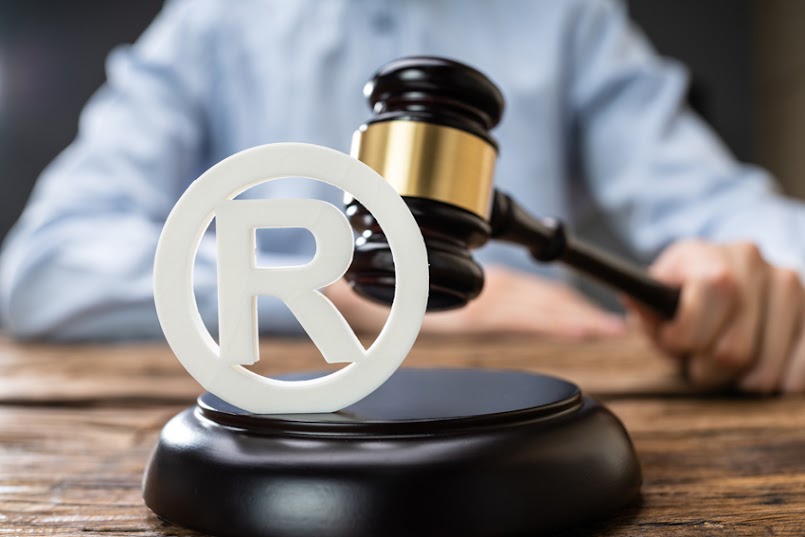Types of Commercial Litigation
Types of Commercial Litigation Cases
Commercial litigations differ from civil cases because they often involve more detailed regulations, frequently happen in federal court, and often include multiple parties. Businesses need the help of a commercial litigation law firm when problems arise because of the complexity of many of the cases. A lawyer with experience in commercial litigation will understand the laws surrounding business contracts, taxes, and much more. Many types of lawsuits meet the standard of commercial litigation.
- Bad faith litigation: Commercial lawsuits that involve these allegations occur because the plaintiff believes someone entered a contract with no intention of fulfilling their obligations.
- Breach of contract: A failure to fulfill an obligation also applies to a breach of contract. The difference in a bad-faith lawsuit is that the unfulfilled contractual obligations were not pre-planned.
- Breach of fiduciary duty: Like a breach of contract or bad faith litigation, a breach of fiduciary duty is when someone does not perform their duties. A breach of fiduciary duty is when a business fails to meet the client's needs as stated in the contract.
- Copyright and patent litigation: U.S. copyright laws protect the intellectual property of creators. The property rights can belong to an individual, multiple people, or an organization. Patent laws differ in what they cover but protect processes rather than intellectual works. The use of copyrighted or patented property without permission can result in a lawsuit.
- Employment and labor litigation: A commercial litigation lawyer can represent an employee or a company in this type of legal disagreement. Many issues can arise. Wage disputes, whistleblower protection, and injury lawsuits are small examples of the matters involved in these cases.
- E-commerce litigation: Cases that involve e-commerce issues can become complex because of the confusion about the jurisdiction. Many e-commerce companies work with clients and businesses in other states and countries. A commercial litigation law firm can clarify the legal process for their client and ensure the cases take place in the appropriate forum.
- Entertainment litigation: Entertainment cases can involve copyright violations, but they also cover many other aspects of the entertainment industry. Distribution, credits, royalties, and many other conflicts fall under entertainment litigation.
- Fraud and misrepresentation litigation: A lawsuit in this category occurs when someone feels they entered a contract due to misinformation from the other party. Fraud is when someone knowingly lies to mislead someone else. Misrepresentation is when someone unwittingly shares a lie to coax someone into an agreement. Misrepresentation can happen innocently or through a failure to research the subject adequately.
- Trade secrets and unfair competition: Legal issues involved in this litigation can include corporate theft of protected property given to a competitor. Unfair competition can mean any questionable actions committed by a competitor to cause financial damage to the complainant. A company may, for example, spread false rumors about a competitor that results in lost sales or a damaged reputation.
- Debtor/creditor litigation: Debtor and creditor litigation often involves an attempt by a creditor to collect on an unpaid debt. Intercreditor disputes can occur when two or more creditors fund an organization or project. Disputes arise if one party feels the others involved are not contributing as expected or during a debtor's bankruptcy regarding the division of assets between the creditors.
- Privacy, cybersecurity, and data breach: Few things matter more to businesses than the safety of their financial, employee, and client data. Cybersecurity failings can devastate any company. Litigation in these matters can include lawsuits against those who committed the violations or against cybersecurity companies that failed to protect the company adequately.
- Restrictive covenant: Restricted covenants are agreements that begin when an employee leaves the company. The contract can include different provisions. Some prevent the employee from competing against a former employer. Some stop people from taking clients or other employees as their own. Many prohibit a former employee from sharing confidential information learned during employment. Litigation can come from employees who feel the agreements are too restrictive or unenforceable. Employers may file a lawsuit if a former employee fails to follow the restrictions.
- Securities Litigation: Investment losses can result in security litigation cases. A breach of fiduciary duty is an example of this litigation type, but others exist. Lawsuits over a failure to diversify, a conflict of interest, or malpractice can also occur. Shareholder disputes also fall under this category.
Commercial litigation lawyers represent companies with industry-specific lawsuits, tax-related matters, class action lawsuits, and common contract disputes. Also managed by the same law firms are employee-related issues, liability claims, and partnership or LLC-related concerns.
At Perdomo Law, our team can provide the guidance you need for any business-related litigation matter. Contact us today to schedule a consultation to discuss your case.



Comments
Post a Comment